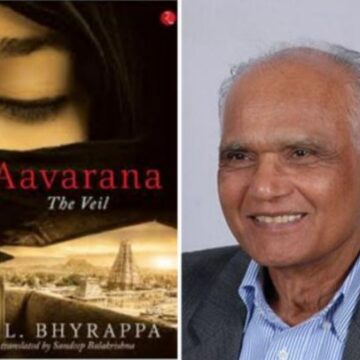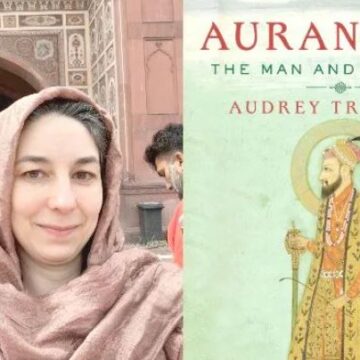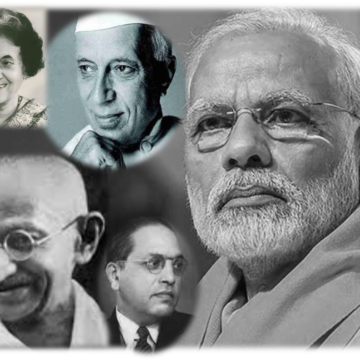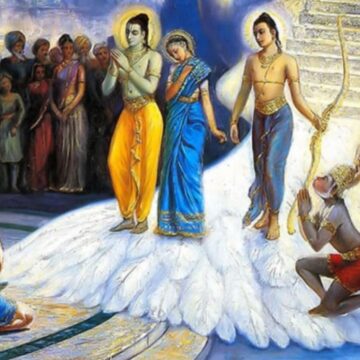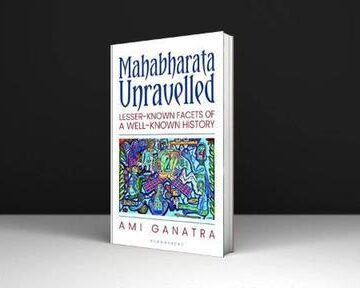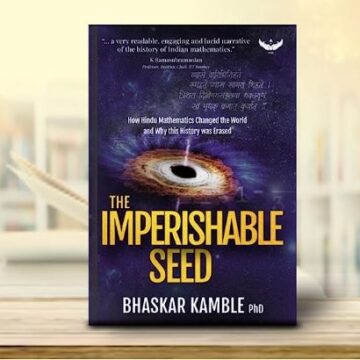Rohan Raghav Sharma reviews SL Bhyrappa's "Aavarana - the veil" translated from the original Kannada into English by Sandeep Balakrishnan. He explores the multi-layered plot, the flow of the story, and evolution of the characters while also touching upon salient points of criticism along with his own critique of the book.
Tag: history
Understanding Indian Economy: Ancient To Modern – Part 4
The previous parts were an attempt to summarise the Indian economic story from its ancient roots until the end of British rule from various sources. The understanding of the Indian economy after independence also tends to be a little complex for a layperson to understand because of conflicting opinions. However, the overall story is one of hope and pride rather than shame and disappointment. This part also includes selected references and further readings for those interested.
Understanding Indian Economy: Ancient To Modern – Part 3
In the previous parts, we looked at the ancient and mediaeval Indian economies and the impact of European colonialism on India and the world. The British left in 1947, our economy was in shambles, and there were many problems with the intellectual narratives set by the colonials. This part is an assessment of British rule in India and where we stood at independence.
Understanding Indian Economy: Ancient To Modern – Part 2
Part 1 of this series was a summary of the ancient Indian economy. In this part, we shall look at the mediaeval economy of India, which began with the fall of the Gupta dynasty in the 7th century CE and finally culminated with the beginning of the Delhi Sultanate in the 13th century CE. This part also covers the important rise of Europe in dominating the world order through its colonial expansion and how it specifically impacted India too.
On Audrey Truschke’s “Aurangzeb: The Life and Legacy of India’s Most Controversial King”
"Bridging the chasm between the historical Aurangzeb and this reimagined (and largely imaginary) Aurangzeb is a daunting task, but Truschke makes her case with the chirpy enthusiasm of an Aurangzeb fangirl writing a puff piece in People magazine on her idol.
The received historiography on Aurangzeb is riddled with outlandish hoaxes that have gone unchallenged for decades. Truschke’s book is a worthy addition to this genre since it refreshes our memories of these hoaxes while enthusiastically manufacturing new ones."
An incisive and witty review of Audrey Truschke's book on Aurangzeb, and her source material, by Keshav Pingali.
The Curious Case of Hero Worship
The concept and popularity of hero worship is as old as time. Who then, can be classified as a hero? Are heroes born or created? Can hero worship endure long after the hero is gone?
Anshul Kalia explores all this, with special emphasis on the propensity of the Indian populace to hero-worship political leaders.
Understanding Indian Economy: Ancient To Modern – Part 1
"For a long time, Marxist historians had a hegemonic hold on only one type of discourse. Marxist linear history represents India and its traditions as the past, or decadence, and the West as the future, or progress. In a world where globalisation, trade, and mutual exchange are a given, it is disagreeable to argue that perhaps we needed an invasion or colonisation to open our eyes to the world."
Trying to Understand Shri Rama
An analytical look at some of the more controversial actions of Shri Rama, from the lenses of ancient as well as modern thoughts.
‘Mahabharata Unravelled’ By Ami Ganatra – A Review
Ami Ganatra's book "Mahabharata Unravelled" is going to be revelatory for those who are used to a steady diet of modern, almost fictitious and agenda driven, retellings, or rather remodellings, of dharmik epics. It must be read as a stepping stone for the study of the source text to understand and absorb the main epic in a deeper manner.
‘The Imperishable Seed’ By Bhaskar Kamble – A Summary Review
Dr. Pingali Gopal reviews 'The Imperishable Seed' By Bhaskar Kamble, a theoretical physicist from IIT Kanpur and presently a data scientist in Germany.
The linear progression of history from a primitive past to an advanced future, deeply entrenched in western philosophy, embeds itself in Indians even today as a classic case of ‘colonial consciousness’. Bhaskar has done a brilliant job of describing the history of mathematics, a much ignored subject in our educational systems, and tracing the roots of many subjects to the genius mathematicians of ancient and mediaeval India.

